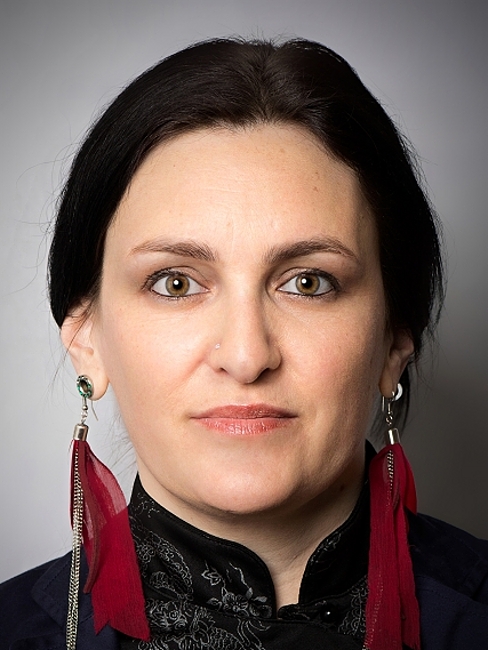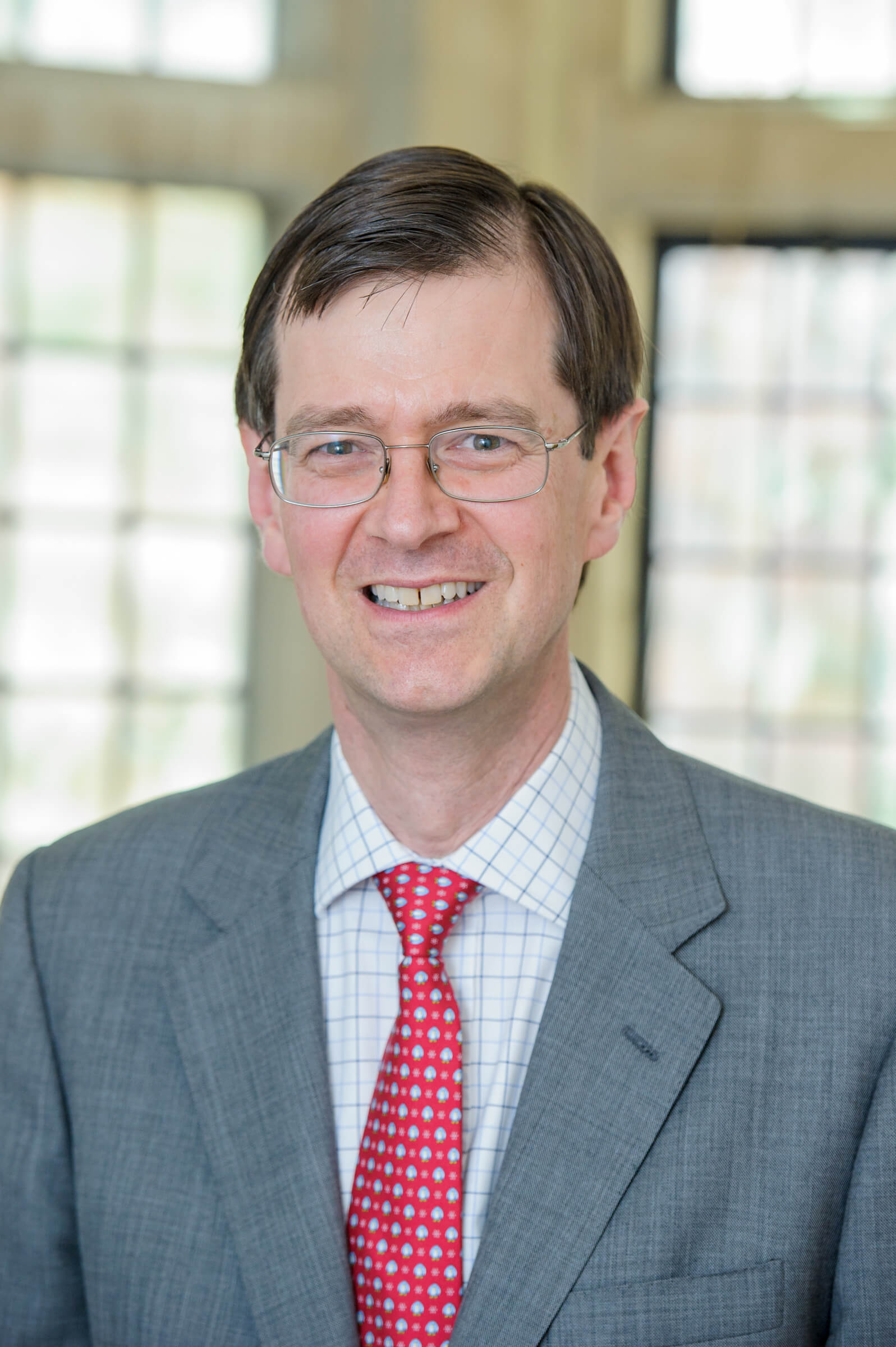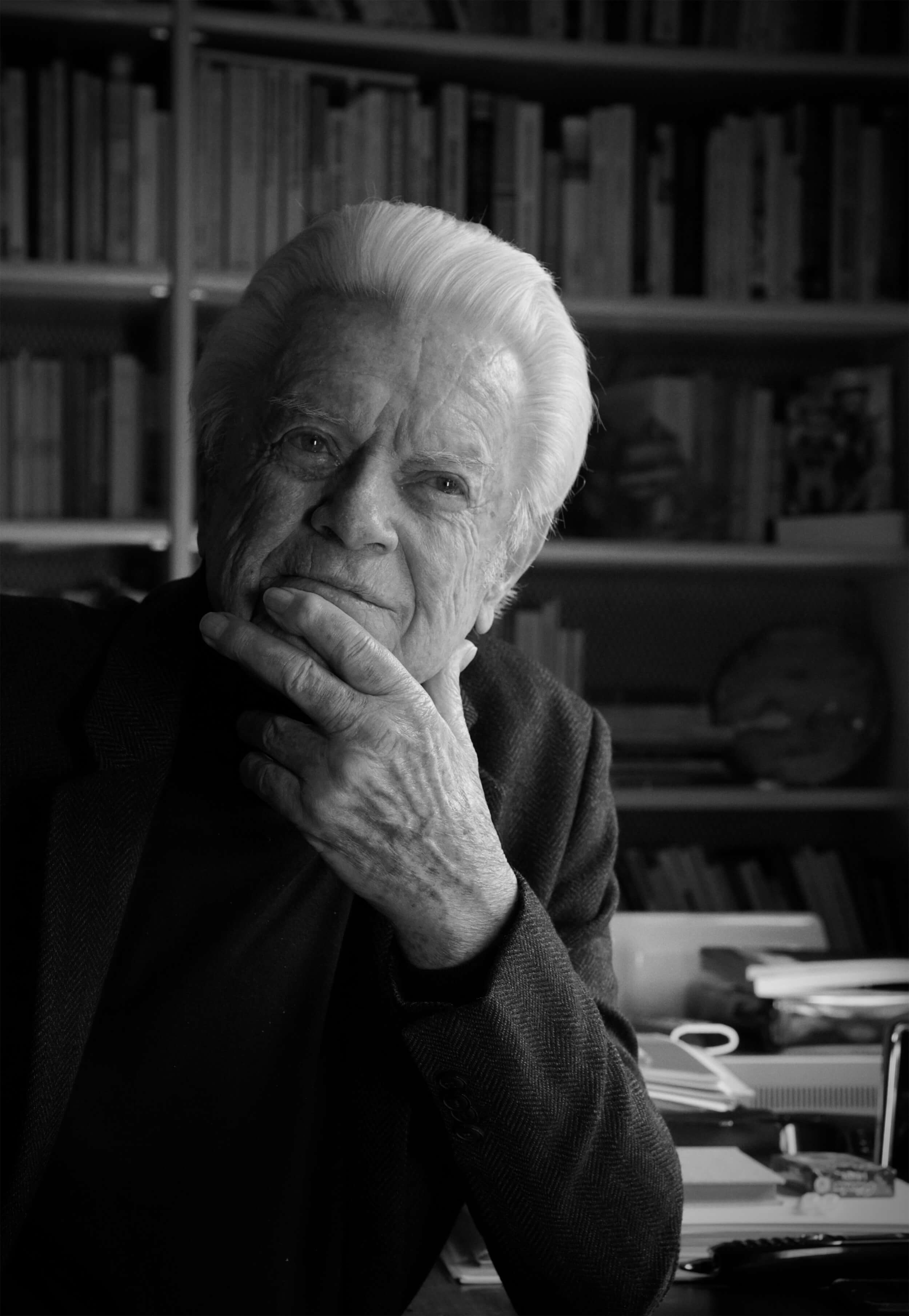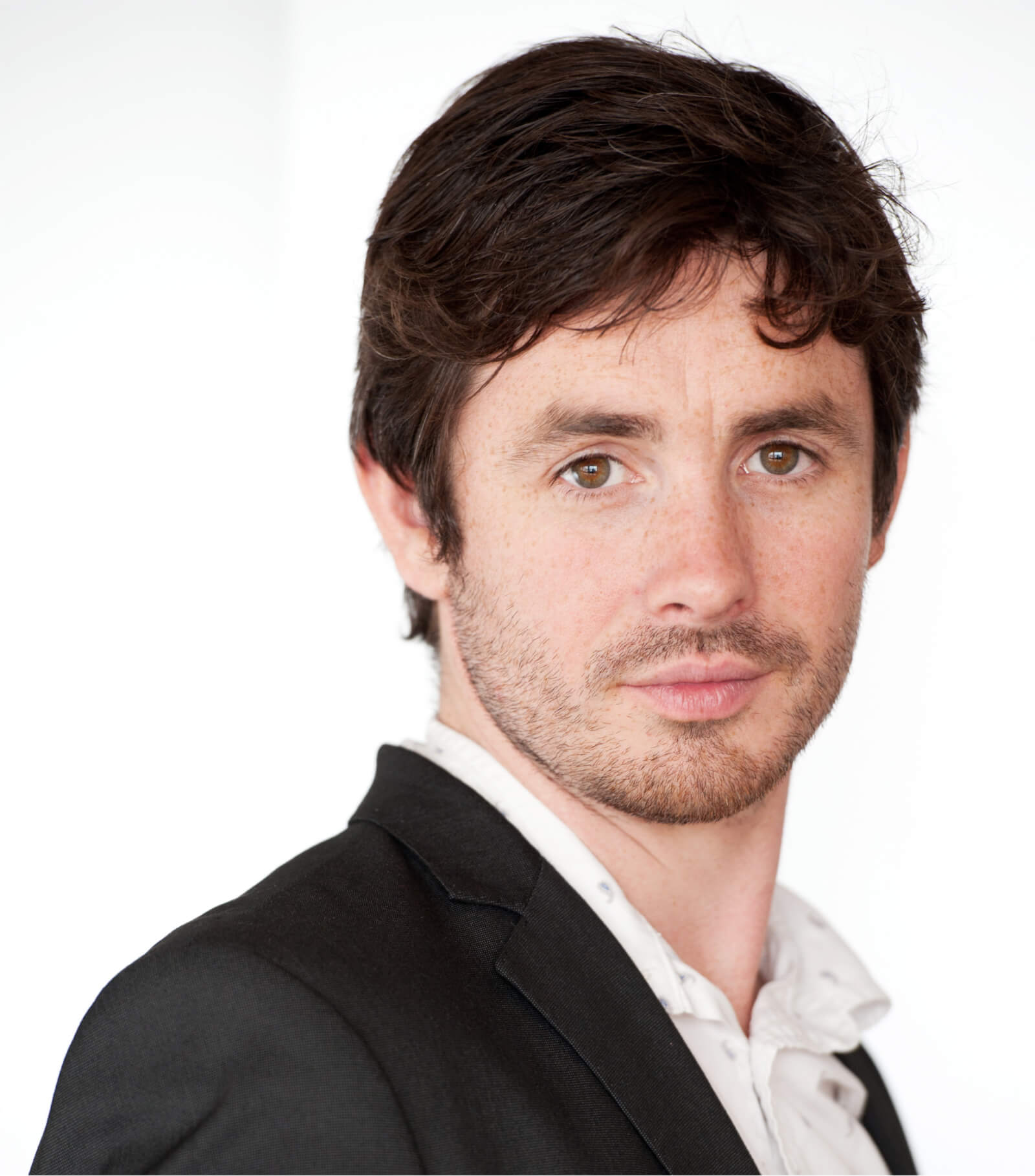Plenary Panel 1: Quo Vadis, EUrope? New Paradigm after Rome
Discussion Points:
-
In what does the 60th anniversary of the Rome treaty present a changing paradigm for the European project and its perspective?
-
What are the challenges facing the EU in the near future?
-
What responses can be expected / recommended to these challenges?
-
What does this mean for the future of the European project?
Background
Six decades after the original Rome Treaty that founded the European Economic Community, leaders of the EU 28, once again speaking from the Eternal City, stressed how there is a shared will to move forward, and make the European Union “more unified and more resilient”. These big words are spoken as Brussels prepares, for the first time in EU’s history, to agree on the terms one of its leading members will leave the block.
Many challenges persist, raising hard questions to Europe’s future. Much needs to be done in order to heal the wounds of the successive financial and economic crises. The increased flow of migrants fleeing conflicts and harsh economic conditions, combined with persistent wealth inequality and unemployment contributes (in certain countries) to the rise of Eurosceptic populism; the same populism that gave way to Brexit vote, and the decision of the United Kingdom to leave the EU.
Some optimism, however, was found in the recent election of Emmanuel Macron, a centrist, liberal euro enthusiast to the French presidency. More importantly, resounding defeat suffered by Marine Le Pen of the Eurosceptic far-right National Front indicates that the populist train may be running out of steam.
Europe is also facing uncertainty in its relationship with the United States and its place in the perennial western transatlantic order. The election of Donald Trump as US President, who at numerous times questioned the pertinence and usefulness of NATO and the EU during his campaign, has raised questions as to the United States’ traditional commitment to the upholding of the (US-led) liberal order. Even though the President’s attitude towards NATO has seemingly become less divergent, his repeated insistence on “America first” politics continue to raise doubts. These doubts have led some, including German Chancellor Angela Merkel, to suggest increased cooperation within the EU in matters of defense as an appropriate response.
Up to question is also future enlargement of the EU, as Western Balkan countries that have become candidates, or are yet to become such, are eagerly waiting for political will within the EU to propel their accession procedures and allow them to become new members of the Union. The Union has committed itself to admitting new members who comply with the accession criteria, and this has been restated in the Rome declaration. However, the statement of Commission President Jean Claude Juncker that there will be no new enlargement before 2020, as well as complex bilateral issues, slow down this process.
Possible ways forward for the EU 27 have been discussed by the European Commission, which released a White Paper in March presenting five possible scenarios for the Union moving forward. Encouraging debate and discussion, these scenarios may present the most varied and credible options for the future of the EU.
Selected Readings:
- What are the main challenges facing the EU in 2017? Heinrich Boll Stiftung
- The European Union, current challenges and future perspectives, Congressional research service (Feb 2017)
- White paper on the future of Europe, Reflections and scenarios for the EU 27 by 2025 – European Commission
- The Rome declaration
- European Parliament: Legislative train schedule – European Defense Union
- The unfulfilled promise: completing the Balkan enlargement
Previous BSF Sessions on the Similar Topics:
2016
Special Event: Enlargement Moving beyond Europe’s Fatigue and Bilateral Disputes Session 1: Democracy’s Responses to Populism and Internal Radicalization Plenary panel 1: The Great Migration of our times? The Balkans piece in the European puzzle Plenary panel 2: The New European Security Strategy: EU in a global world and its transatlantic partners
Session 7: What Choices for Countries in Between in an Increasingly Divided Europe?
2015
Plenary Panel 4: Improving the European Model of Governance: Ways Forward
Session 4: Countering the Tide of Radicalization: In Search of a Comprehensive Response
2014
Session 4: EU Enlargement: Picking Up the Pieces?
Session 7 – Will the Outcome of the Ukrainian Crisis Determine a New Path for Europe and Beyond?







